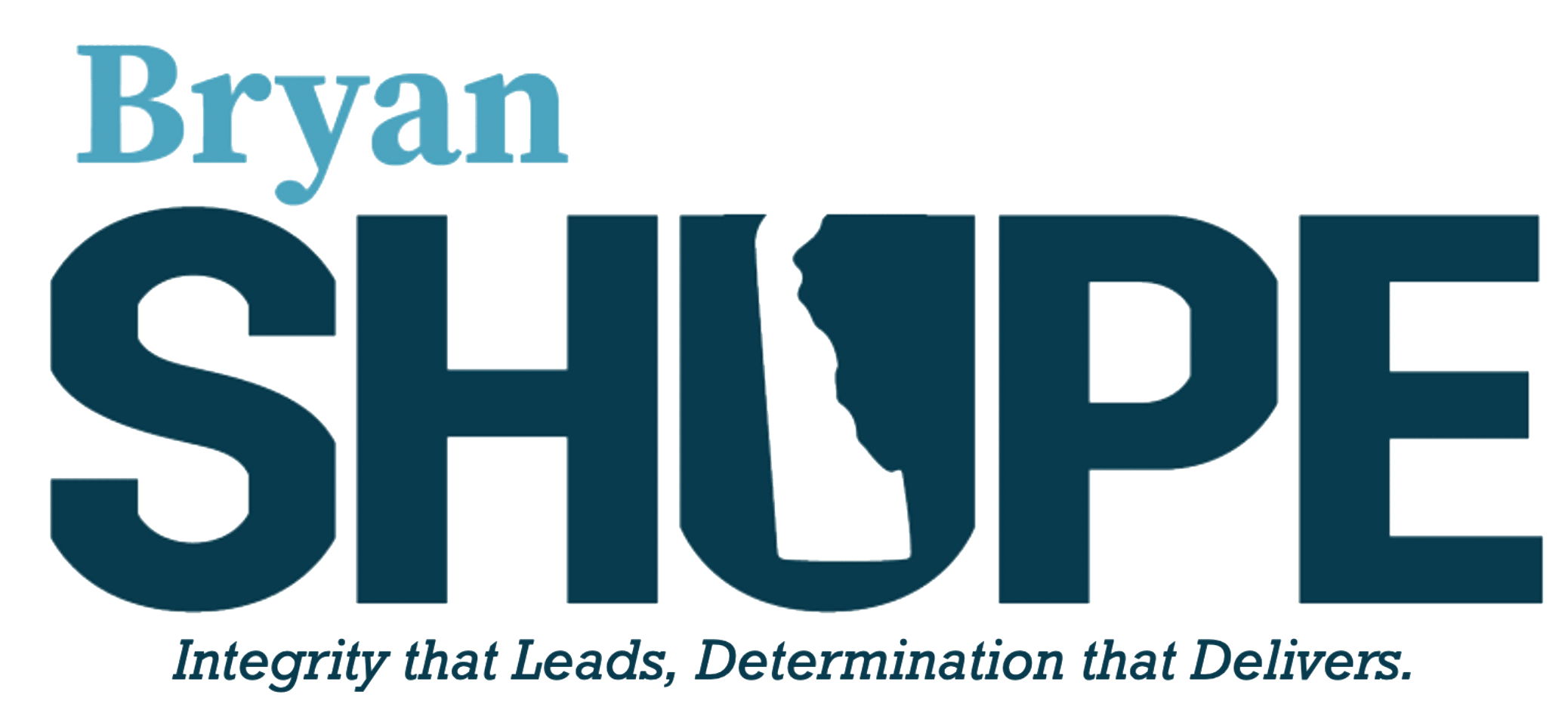Most Delawareans do not realize that the creation of new state laws and public policy is in the hands of a few General Assembly gatekeepers.
For instance, a committee chairperson can control if the bill assigned to his or her group gets a hearing or is released.
In the House of Representatives, when a bill clears committee, it is assigned to the House Ready List. From here, the House Majority Leader has sole authority to place bills on the House Agenda to be debated and voted on. Even if a bill makes it to the agenda, the House Majority Leader still has discretion over whether the bill is acted on. Several bills I am sponsoring are currently being prevented from moving forward, not because they lack merit, but due to motivations that appear to be based on political partisanship.
House Bill 69 – Using existing funds, this bill seeks to establish state grants so eligible low-income families can get filtration systems to make their water drinkable. While it unanimously passed the House Health and Human Services Committee, the House Majority Leader has refused to work the bill stating that “her water bill already addresses these concerns.” There is NO language in that legislation (House Bill 200) that fulfills the needs identified in my bill. I supported the passage of HB 200, but this law will take years to fully implement. HB 69 would help some of our most vulnerable families get clean water NOW. I cannot understand how legislators can fight for clean water, but not support a bipartisan effort to get some of our most needy families a potable supply.

House Bill 146 – This bill would eliminate double registration barrier for voters in local elections. Under this measure, if a Delaware resident is registered to vote with the state, they would not need to register separately to vote in a municipal election. This bill was on the House Agenda on June 10, but the Majority Leader refused to work it in retaliation for a lack of Minority Caucus support earlier in the day for a voting bill she favored (House Bill 75). I am puzzled as to how legislators can support expanding voting rights, but then block consideration of a bill to remove a voting barrier facing the residents of 45 Delaware towns and cities.

House Bill 203 – Over the current State of Emergency, the Executive Administration suspended the Freedom of Information Act (FOIA) for eight months. During this period, any information that the press, public, or lawmakers requested via FOIA could be denied with no explanation required. It is in times of crisis that access to governmental information is most urgently needed. This bill would bar the executive branch from suspending FOIA for any reason. I have asked the House Administration Committee Chairwoman several times for this bill to be heard in committee. Thus far, she has ignored these requests. I cannot understand how legislators can say they support transparency, yet bottle up a bill in committee that would protect citizens’ right to request information from the government.

Taking steps in the right direction:
House Resolution 9 – I am sponsoring this resolution which seeks to amend House Rules. It would require that every bill clearing the House committee process get consideration on the House floor within 12 legislative days. I believe each state representative should have the ability to draft legislation reflecting the concerns of their constituents and have an EQUAL opportunity for these measures to be debated and voted on. The House Majority Leader should not be in a position to block legislation based merely on his or her own biases or whims.
Virtual Sessions – The need to rely on virtual sessions during the pandemic has given many citizens a front row seat to our flawed state government. The people who have been able to watch have often witnessed the large gap between those paying lip service to the concept of transparency and those actually taking action in an attempt to put it into practice. Even when the Delaware General Assembly returns to normal operations, with full public access, we must continue virtual sessions. The more lawmakers are held accountable in real-time, the greater the likelihood that political games will diminish and well-meaning lawmakers will be able to make good public policy.
Elections – When you are looking to support candidates for office, it is very easy to get distracted by the agendas that are put forth by political parties and special interest groups. Too often, polarizing tactics are employed to push Republicans and Democrats into separate and exclusive camps. When you select leaders for your community, I suggest placing your faith in those men and women that are already contributing to building it, whether by developing a small business, being an active volunteer with a local nonprofit organization, or in some other way. I also encourage you to support those people that demand accountability and will make decisions based on empirical evidence, not political talking points. These are the people, regardless of their political affiliation, that will collectively build stronger communities.
The foundation in Dover needs to be rebuilt to serve the people of Delaware, turning aside the party-first partisanship we regularly see displayed in our nation’s capital. Working together, I truly believe we can make this happen.


